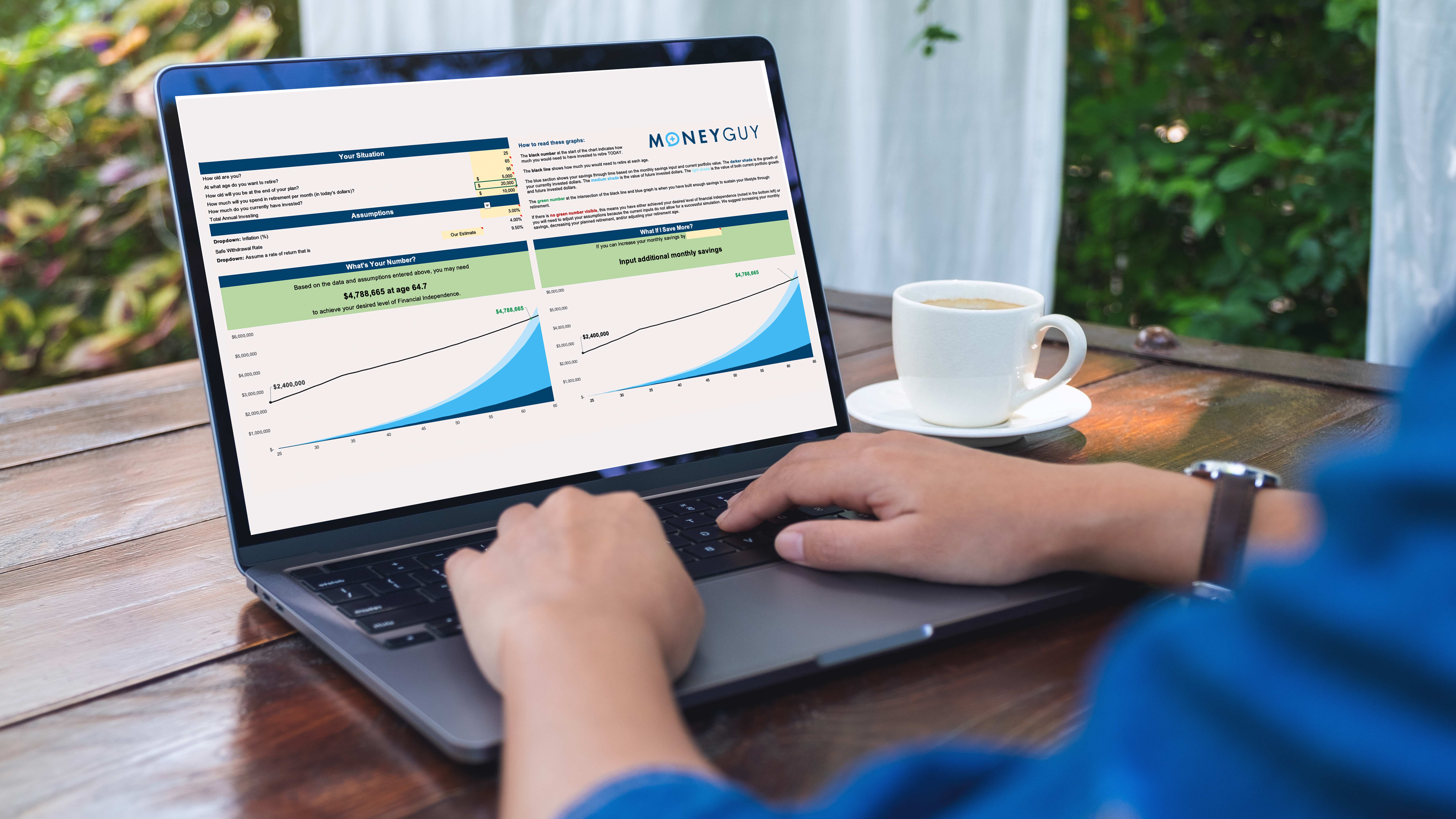
Change your life by
managing your money better.
Subscribe to our free weekly newsletter by entering your email address below.

Subscribe to our free weekly newsletter by entering your email address below.
It’s been a good week around here. We’ve been pretty busy with client and prospect meetings, but things are starting to calm down and get back to normal. I’ve received many interesting emails and articles over the past week, and I feel like some of them are definitively worth sharing with you.
The first article I came across that I thought was pretty interesting was from a listener telling me about a Charity Fraud Announcement from the Federal Trade Commission. I find this email especially interesting because I’ve been doing financial planning for some years now so, if you do the math, you will realize that this is the second big recession I’ve been through, the first being from 2000 – 2003. What I’ve noticed is that as the economy suffers, individuals are forced to become creative. This creativity often leads to recovery in the economy. Unfortunately, however, good people aren’t the only ones who become creative. It seems like every time there is a hick-up in the economy, a whirl-wind of get-rich-quick schemes and scams pop up. Some are absolutely fraudulent, and some are really just complex multi-level marketing schemes (such as the ones springing up all over my neighborhood). Now I’m not saying that all of these are bad, but it is unique how they become ever more prevalent during down periods in the economy.
The two articles, Avoid Charity Fraud and Supporting the Troops: When Charities solicit Donations on Behalf of Vets and Military Families, highlight some of these ways to avoid becoming a victim of charity fraud:
The second article I came across was from the New York Times and it was titled, Credit Card Industry Aims to Profit From Sterling Payers. What this article is basically saying to me (a ‘deadbeat’ who uses a cash-back card, doesn’t carry a balance, and grins from ear to ear every time I receive my cash-back check) is that my free-ride may be coming to an end. The article explains that banks are looking to revive annual fees, curtail cash back and other rewards, and also begin charging interest immediately on a purchase instead of allowing a grace period of a few weeks. Edward Yingling of the American Bankers Association was quoted as saying “Those that manage their credit well will in some degree subsidize those that have credit problems”.
I don’t know if I agree with this, however. I have to believe that if my credit card company started charging me interest on my purchases immediately, and I didn’t receive any rewards for using it, then I would probably just use cash every chance I could, and when I needed the convenience of a card, I would use my bank debit card. It goes on in the article to explain that these banks and credit card companies aren’t charities. They, too, are businesses operating for profit and have shareholders to answer to. The article also shares some interesting statistics. While banks are not required to reveal how much they make from penalty interest rates and fees, Robert Hammer, an industry consultant, noted that the amount of money generated by penalty fees like late charges and exceeding credit limits had increased by about $1 billion annually in recent years and should top $20 billion this year. However, the government stress tests did show that the nation’s top 19 biggest banks will take on $82 billion in credit card losses in the next two years. This could be even worse, though, considering the method for valuing assets for the stress tests.
The final article I wanted to share that was of interest (and when I say interest I also mean that it scares me to death) was an article concerning the finances of Social Security and Medicare. A new study found that Medicare is currently paying out more than it receives, and Social Security will start paying out more in benefits than it collects in taxes in 2016, and the giant trust fund will completely run out by 2037. Medicare is currently slated to be insolvent by 2017. Obviously the reason for the dates being sooner than originally anticipated is the current state of the economy. According to the article, since December of 2007, 5.7 million jobs have been lost and the unemployment rate hit a 25 year high in April of 8.9%. Fewer people working plus more people retiring (i.e. 78 million baby boomers) means less money flowing into the system. So, the way I see it, there is only one real option so solve this problem: whether you are Republican or Democrat, taxes are going up! In the show, I use a piece of research we have made available on the premium member side that details government spending, tax collections, and the federal deficit over the last forty years.
At the very end of the show, I ask for your opinions on an in depth FairTax show as well as general interest in the P90X workout routine. I do this podcast for you, my loyal listeners, so I am always interested to hear your thoughts!


Financial Order of Operations®: Maximize Your Army of Dollar Bills!
Here are the 9 steps you’ve been waiting for Building wealth is simple when you know what to do and…
View Resource
Why Are Credit Card Interest Rates So High?
Read MoreExclusive Sneak Peek of Millionaire Mission by Brian Preston
Read MoreThe Wait is Over…
Read More

How about more sense and more money?
Check for blindspots and shift into the financial fast-lane. Join a community of like minded Financial Mutants as we accelerate our wealth building process and have fun while doing it.




It's like finding some change in the couch cushions.
Watch or listen every week to learn and apply financial strategies to grow your wealth and live your best life.
Subscribe to our free weekly newsletter by entering your email address below.